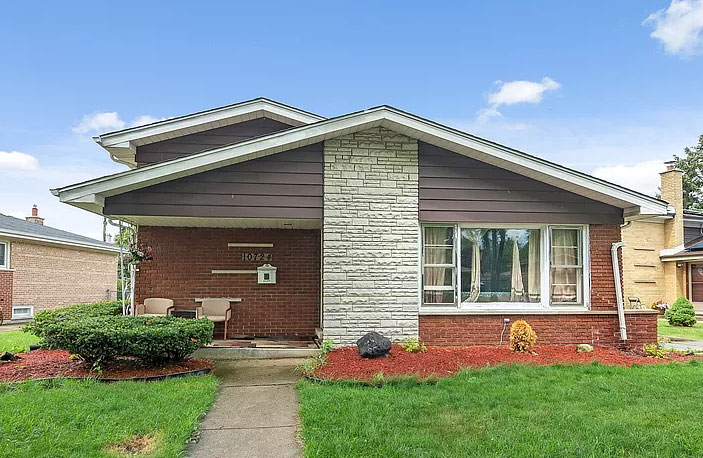
If you’re thinking of buying a house for the first time, you’re getting closer to what every American dreams of: homeownership. Having a place to call your own is everyone’s goal, as it will be your sanctuary, where you can decorate it according to your taste and set your own rules. However, the process of buying a house is relatively complex, as you’ll also have to navigate the mortgage process.
You may be wondering if you’re ready to start the homebuying process. The first thing you should do is check your mortgage eligibility, which will determine the kind of property you’ll be able to afford. Here’s what you need to know about the best time to apply for a mortgage:
Checking Your Credit Score
All loans carry some kind of risk for both the borrower and lenders. That’s why lenders protect themselves by offering the lowest interest rates and the best terms to people with exceptional credit scores since they are less likely to default on their payments. If a mortgage lender believes that a person’s credit score and history aren’t good enough, they may offer high-interest rates, so-so terms, or reject the application outright.
The higher your credit score, the more likely you’ll be approved for a mortgage. You’ll also get a lower interest rate if you have an excellent score. Still, that doesn’t mean all hope is lost for those with less-than-stellar scores. Loans insured by various government agencies such as the Federal Housing Administration (FHA), the Department of Agriculture (USDA), and the Department of Veterans Affairs (VA) are geared towards aspiring homeowners with a 500-600 credit score. Still, these programs have restrictions that may require you to pay for private mortgage insurance, but they’re an excellent option for those who are ready to buy a house with credit scores that could use some work.
Do you know how much home you can afford?
Most people don’t... Find out in 10 minutes.
Today's Mortgage RatesHaving Stable Income
Lenders prefer borrowers with steady employment and a stable income, as it is a form of insurance against uncertain events, like economic downturns or pandemics. Mortgage lenders will then look at several years’ worth of tax returns to determine your income stability. Your tax returns must display steadily increasing income over the years to impress these lenders.
They will also review your employment history, as they tend to approve borrowers who have been with the same employer for at least two years. The same applies if you’re self-employed; they would like at least two years of tax returns for self-employment but on some occasions, one year is sufficient.
It’s important to note that stable income will not only impress mortgage lenders but determine how much property you can afford. Usually, mortgage lenders compute your mortgage payment, including your taxes, homeowners insurance, and private mortgage insurance, to total 25 to 43 percent of your gross monthly income. and even higher at times depending on the down payment.
Saving Enough Money
You may also be wondering how much money you need to set aside before you can start thinking of becoming a first-time homeowner. Typically, you should have at least 3 percent of the purchase price to make up the down payment. First-time home buyer loans like FHA allow you to put a down payment of as little as 3.5 percent and some conventional loans can allow for 3% down. Other loan programs, like VA and USDA loans, don’t require a downpayment.
Conclusion
Applying for a mortgage for the first time can be intimidating, especially if you aren’t sure you’ll qualify. By following our guide and consulting a mortgage broker, you’ll find a mortgage that perfectly suits your needs.
MidAmerica Bancorp, Inc. is a personal finance company in Oak Lawn offering a range of mortgages for first-time and returning home buyers with low down payment options. Our products include FHA, VA, conventional, and jumbo mortgages. Call us at (708) 237-4050 to schedule a consultation!
Do you know how much home you can afford?
Most people don’t... Find out in 10 minutes.
Today's Mortgage Rates


